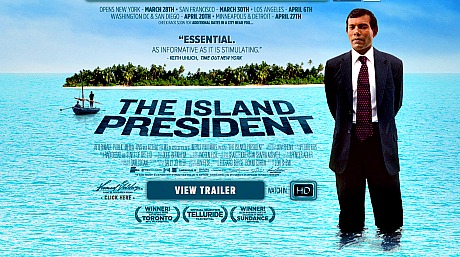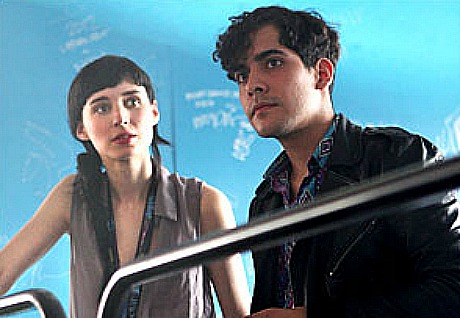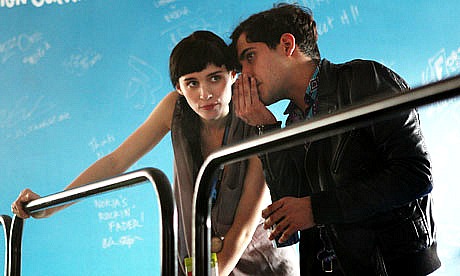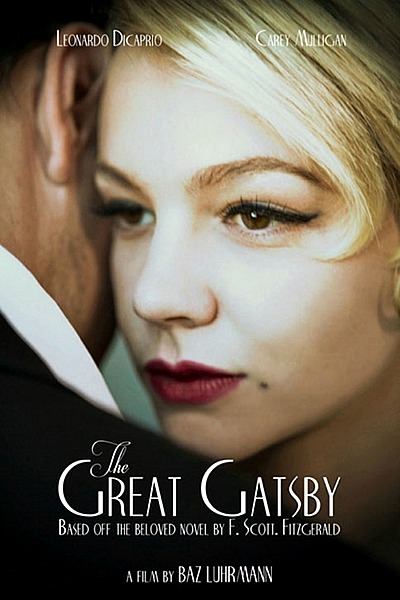I’d like to offer a sincere, down-on-my-knees apology to all those who’ve tweeted derisively today about a sentence in this morning’s piece about critical reactions to The Hunger Games, to wit: “Be wary of reviews by certain female critics, or at least those who may be susceptible to the lore of this young-female-adult-propelled franchise (‘You go, Katniss!’).”
It was incorrect to suggest that some female critics might be stirred by or responsive to the rugged and courageous hunter-protector aspects of Jennifer Lawrence‘s Katniss Everdeen character, or that their opinion about the film might be influenced to some degree by knowing that millions of under-30 women are going to be breaking down theatre doors to see it this weekend, or that Suzanne Collins‘ trilogy is hugely popular with under-30s, etc.
I’ve thought it over and decided there’s absolutely no chance in the world that female critics could be anything but completely neutral and 100% un-invested in Everdeen or this film or the interests of their female readers, and that only a scurvy sexist dog would imply otherwise. I don’t know what I was on about, but I’m sorry. We all mess up from time to time. What can I say?
I’d also like to apologize for implying several times in this column that geeky fanboy critics might be especially responsive or susceptible to geeky-fanboy ComicCon FX fantasy flicks — that was way, way off the mark. And that female critics who write ecstatic-cartwheel reviews of Kate Hudson movies might be on the payroll of magazines that cater to girly-girls. And that critics who admire Tyler Perry movies might…you know, think or look at life a certain way. (Except for Stu Van Airsdale.) And that people who write admiring reviews of Criterion Blurays of films by Jean-Luc Godard, Robert Bresson and Alain Resnais might be mostly older white guys with airs of dweeby, Dave Kehr-like erudition.
When you get right down to it nobody plays favorites of any kind. Nobody is especially susceptible to anything based on their own gender or experience. Every movie is seen and absorbed on a completely neutral, even-steven, Switzerland basis. Nobody’s taste in movies is influenced by particular likes, loyalties or interests….none of that. Just so we’re clear. So I apologize. Really. Especially to Eric Snider.





